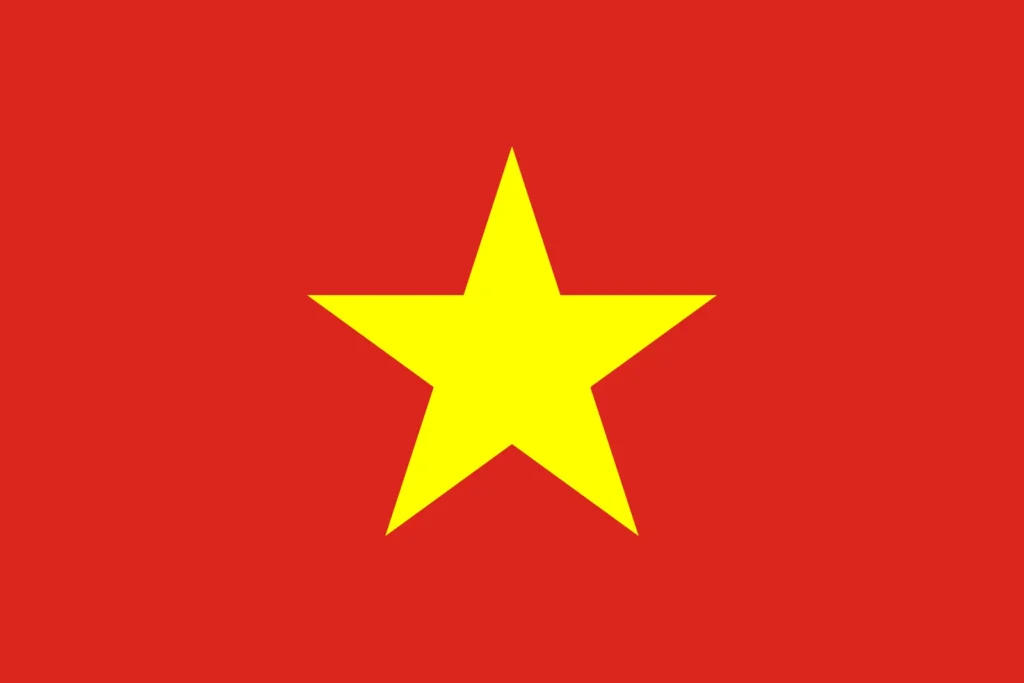
Just in two lines of lyrics, it is enough to evoke memories of a famous work by the late composer Cao Văn Lầu that still resonates with millions of Vietnamese hearts to this day. That piece of music has, to some extent, portrayed the ups and downs of the composer’s life as well as reflected the challenges of the era. It is also the music that has made a name for the traditional Southern Vietnamese music genre called “đờn ca tài tử” (Southern Amateur Music).

“Đờn ca tài tử” (Southern amateur music) is a traditional folk music genre that is unique to Southern Vietnam. It originated and developed in the late 19th century, drawing from ceremonial music, Hue royal court music, and folk literature. The term “tài tử” refers to talented amateur musicians who are skilled in traditional Vietnamese music. Initially, the musicians performed instrumental pieces to socialize and exchange musical ideas. Later, singing was incorporated, leading to the formation of what is now known as “đờn ca tài tử.”
“Đờn ca tài tử” (Southern amateur music) of Southern Vietnam was recognized by UNESCO as an intangible cultural heritage of humanity on December 5, 2013.
Thanks to its distinctive vocal tone and the harmonious blend of traditional musical instruments, đờn ca tài tử vividly reflects the spirit of the South—simple, rustic, yet heartfelt—with lyrics full of meaning.
Much like the Southern people themselves, đờn ca tài tử embodies a sense of generosity, sincerity, warmth, and deep emotional expression.



